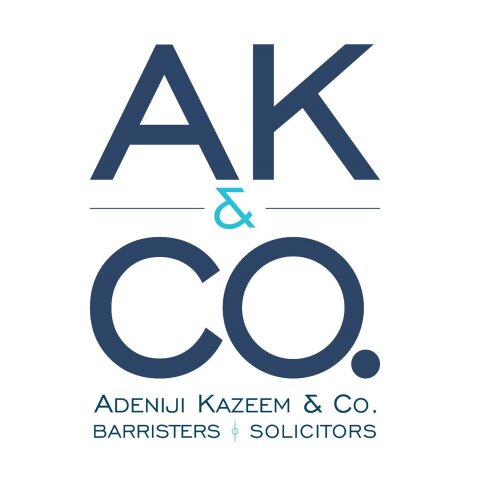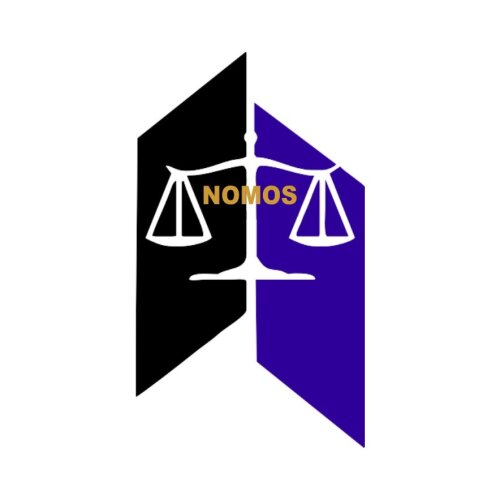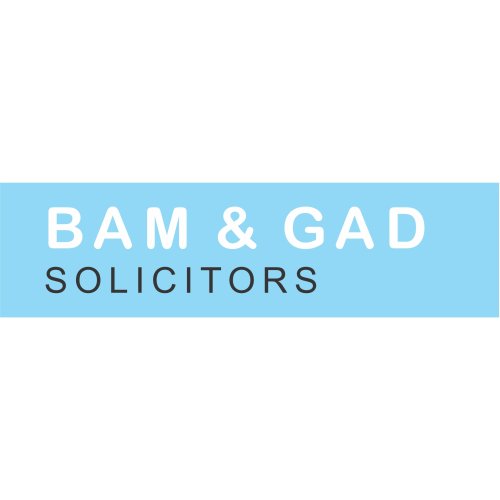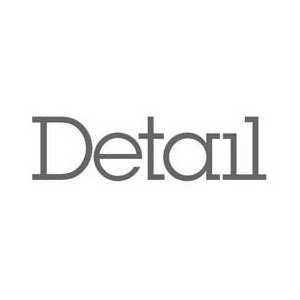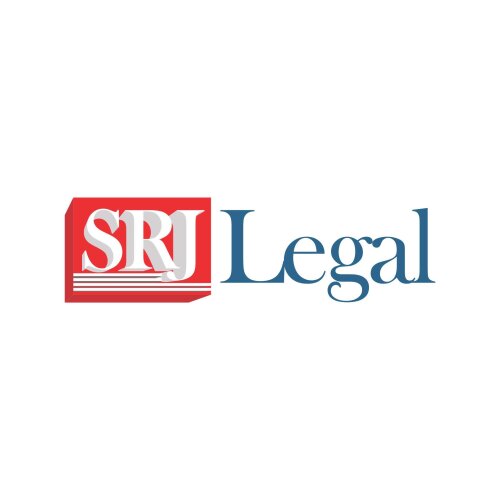Best Public-Private Partnerships (PPP) Lawyers in Lagos
Share your needs with us, get contacted by law firms.
Free. Takes 2 min.
List of the best lawyers in Lagos, Nigeria
Legal guides written by Adeola Oyinlade & Co:
- Procedure and Requirements for Work Permit and Visas in Nigeria
- The Step-By-Step Procedure of How to Apply for Microfinance Bank License Online in Nigeria
- How to Ensure the Smooth Recognition and Enforcement of Foreign Judgments in Nigeria
About Public-Private Partnerships (PPP) Law in Lagos, Nigeria
Public-Private Partnerships (PPP) in Lagos, Nigeria, refer to collaborative arrangements between government entities and private sector participants to design, finance, construct, operate, or maintain public infrastructure and services. These partnerships are becoming increasingly important in Lagos due to the growing demand for efficient infrastructure and public services, such as transportation, healthcare, water supply, and waste management. The PPP model allows the government to leverage private sector expertise, technology, and resources, while sharing risks and rewards. Lagos has developed a robust legal and regulatory framework to support and regulate PPPs, ensuring accountability, transparency, and value for money.
Why You May Need a Lawyer
Navigating PPP projects in Lagos can be complex. Whether you are a government entity, a private investor, a consultant, or a community stakeholder, legal guidance is often essential. Here are some common situations where you may require legal help in PPP matters:
- Drafting, reviewing, or negotiating PPP contracts and agreements
- Understanding obligations, rights, and liabilities of all parties involved
- Compliance with relevant laws, regulations, and procurement procedures
- Risk assessment and allocation, including dispute resolution mechanisms
- Project structuring and financing, such as developing viable contracts and security instruments
- Resolving disputes over project delivery, land acquisition, or termination
- Addressing issues of regulatory approvals and permits
- Managing public interest concerns or social impact assessments
A lawyer experienced in PPP law can help you avoid costly mistakes, achieve favorable terms, and protect your interests throughout the lifecycle of a PPP project.
Local Laws Overview
Lagos State has enacted several key laws and policies governing Public-Private Partnerships. The most significant is the Lagos State Public-Private Partnership Law, which provides the framework for the identification, approval, procurement, implementation, and regulation of PPP projects. The Lagos State Office of Public-Private Partnerships (Office of PPP) serves as the coordinating body responsible for overseeing PPP projects, providing guidance, and ensuring adherence to established procedures.
Some important aspects of the local laws include:
- Transparent procurement and tendering procedures for selecting private partners
- Clear processes for project development, approval, and implementation
- Defined risk-sharing formulas and financial arrangements, including guarantees and revenue sharing
- Requirements for public consultations and environmental/social impact assessments
- Mechanisms for enforcing contracts, addressing disputes, and terminating agreements when necessary
- Special provisions for land acquisition, resettlement, and compensation
PPP projects in Lagos may also be subject to federal regulations, especially where the project crosses state or national boundaries or involves federal assets. Compliance with legislation such as the Infrastructure Concession Regulatory Commission Act, the Nigerian Public Procurement Act, and sector-specific laws (for example, energy, transportation, or health) may also be necessary.
Frequently Asked Questions
What is the Lagos State Public-Private Partnership Law?
The Lagos State Public-Private Partnership Law is legislation that governs the development, approval, implementation, and oversight of PPP projects within Lagos State. It covers contract procedures, procurement guidelines, and institutional frameworks for managing partnerships between public and private entities.
Who can initiate a PPP project in Lagos?
Both government agencies and private sector entities can initiate PPP projects. Government agencies may call for project proposals, while private entities can submit unsolicited proposals, which are evaluated based on established criteria by the Office of PPP.
What sectors are open to PPP in Lagos State?
PPP projects in Lagos typically cover sectors such as transportation (roads, bridges, rail, ports), energy, water supply, waste management, healthcare, education, and housing, among others.
What is the role of the Lagos State Office of PPP?
The Office of PPP is responsible for coordinating, monitoring, and regulating all PPP projects in Lagos State. It oversees project development, ensures compliance with regulations, manages approvals, and supports transparent procurement.
How are PPP contracts awarded?
PPP contracts are usually awarded through open, competitive bidding. The process is designed to be transparent and fair, ensuring value for public resources. In certain cases, unsolicited proposals may be accepted and subjected to strict evaluation.
What are the main risks associated with PPP projects in Lagos?
Key risks include financial risk, construction risk, operational risk, demand or revenue risk, legal risk, and political risk, among others. Effective risk allocation and management are essential for a successful PPP project.
Are there dispute resolution mechanisms for PPP projects?
Yes, PPP contracts usually provide for dispute resolution mechanisms such as negotiation, mediation, arbitration, or litigation, depending on the terms of the agreement.
How is land acquisition handled for PPP projects?
Land acquisition processes must comply with Lagos State laws and typically require due process, compensation, and sometimes, resettlement of affected people. Legal guidance is essential to navigate these regulations.
Can foreign investors participate in PPPs in Lagos?
Yes, Lagos State encourages foreign investment in PPP projects. However, foreign investors must comply with Nigerian laws related to investment, tax, repatriation of profits, and immigration, among others.
How can a lawyer help with PPP project compliance?
A lawyer ensures that all parties comply with PPP laws, procurement procedures, contract terms, and regulatory requirements. Legal support minimizes risks, addresses potential disputes early, and helps structure favorable contracts.
Additional Resources
The following resources and organizations can assist individuals and organizations seeking more information or guidance about Public-Private Partnerships in Lagos, Nigeria:
- Lagos State Office of Public-Private Partnerships (Office of PPP)
- Lagos State Ministry of Justice
- Lagos State Ministry of Finance
- Lagos State Public Procurement Agency
- Nigerian Bar Association (NBA) Section on Business Law
- Independent legal practitioners with experience in PPP and infrastructure law
- Professional associations such as the Nigerian Institute of Chartered Arbitrators
Next Steps
If you need legal assistance with a PPP matter in Lagos, here are practical steps to consider:
- Identify and clearly outline your goals or the specific PPP issue you are facing
- Gather all relevant documents, such as contracts, proposals, or correspondence
- Seek recommendations for a legal practitioner with experience in Lagos PPP laws and regulations
- Schedule an initial consultation to assess your needs, risks, and legal options
- Work with your lawyer to develop a clear strategy for compliance, negotiation, or dispute resolution
- Stay informed about regulatory changes in Lagos State regarding PPPs
Legal issues in PPP projects can be complex. Prompt consultation with a qualified lawyer is essential to safeguard your interests and ensure the successful delivery of public-private partnership initiatives in Lagos.
Lawzana helps you find the best lawyers and law firms in Lagos through a curated and pre-screened list of qualified legal professionals. Our platform offers rankings and detailed profiles of attorneys and law firms, allowing you to compare based on practice areas, including Public-Private Partnerships (PPP), experience, and client feedback.
Each profile includes a description of the firm's areas of practice, client reviews, team members and partners, year of establishment, spoken languages, office locations, contact information, social media presence, and any published articles or resources. Most firms on our platform speak English and are experienced in both local and international legal matters.
Get a quote from top-rated law firms in Lagos, Nigeria — quickly, securely, and without unnecessary hassle.
Disclaimer:
The information provided on this page is for general informational purposes only and does not constitute legal advice. While we strive to ensure the accuracy and relevance of the content, legal information may change over time, and interpretations of the law can vary. You should always consult with a qualified legal professional for advice specific to your situation.
We disclaim all liability for actions taken or not taken based on the content of this page. If you believe any information is incorrect or outdated, please contact us, and we will review and update it where appropriate.






